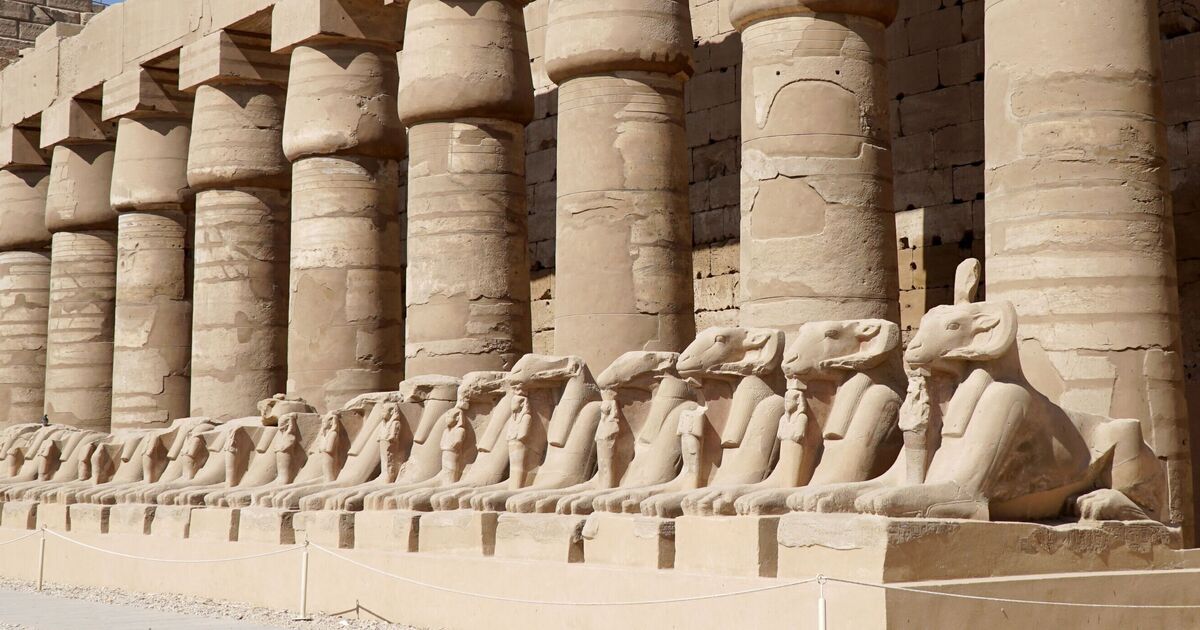Ancient Egyptian healers may have conducted experimental cancer treatment, according to a breakthrough study.
Archaeologists examined two skulls held at Cambridge University as part of new research into the medical practices of healers of the ancient civilization.
The experts teamed up with medical professionals to examine the skulls and jaw of a man which is believed to have belonged to a man aged between 30 and 35 who died between 2687 and 2345 BC.
The second skull, labelled E270, belonged to a woman aged approximately 50 at the time of her death, sometimes between 663 and 343 BC.
Micro-CT scans of the male skull exposed signs of a large lesion consistent with cancer as well as 30 smaller, metastasised lesions.
The research team also found what appeared to be cut marks along the lesions, raising questions on whether the suspected cancer may have been treated surgically.
Team member Albert Isidor, from Spain’s University Hospital Sagrat Cor, said: “It seems ancient Egyptians performed some kind of surgical intervention related to the presence of cancerous cells, proving that ancient Egyptian medicine was also conducting experimental treatments or medical explorations in relation to cancer.”
The female skull also presented with bone damage consistent with cancer. Signs of two healed head injuries were also present.
The woman may have been involved in warfare and suffered the injuries before becoming ill with cancer, according to archaeologist Tatiana Tondini from the University of Tübingen.
Prof Tondini said: “When we first observed the cut marks under the microscope, we could not believe what was in front of us.
“We see that although ancient Egyptians were able to deal with complex cranial fractures, cancer was still a medical knowledge frontier.”
The researchers insisted the findings on the two skulls represent “a milestone in the history of medicine.”
Tondini added: “We wanted to learn about the role of cancer in the past, how prevalent this disease was in antiquity, and how ancient societies interacted with this pathology.”
Study lead researcher Edward Cameron said the examination provided “unique evidence of how ancient Egyptian medicine would have tried to deal with or explore cancer more than 4,000 years ago.”
Ancient Egypt has one one most extensively documented records of medical knowledge and treatment among ancient civilizations,
Some of the practices developed by Egyptian healers still form the basis of modern medicine.
Writing in the JCO Global Oncology, Dr Khaled Elsayad said: “Ancient Egyptians had an understanding of sedation techniques even before the development of modern anaesthesia.
Ancient Egyptian practitioners used cauterization (firing bolt) to treat inflammation and promote healing after surgery.
“They also described the importance of antiseptic measures even before the development of modern antibiotics, such as using oils and lipids combined with wound dressings to promote postsurgical epithelialisation.”










